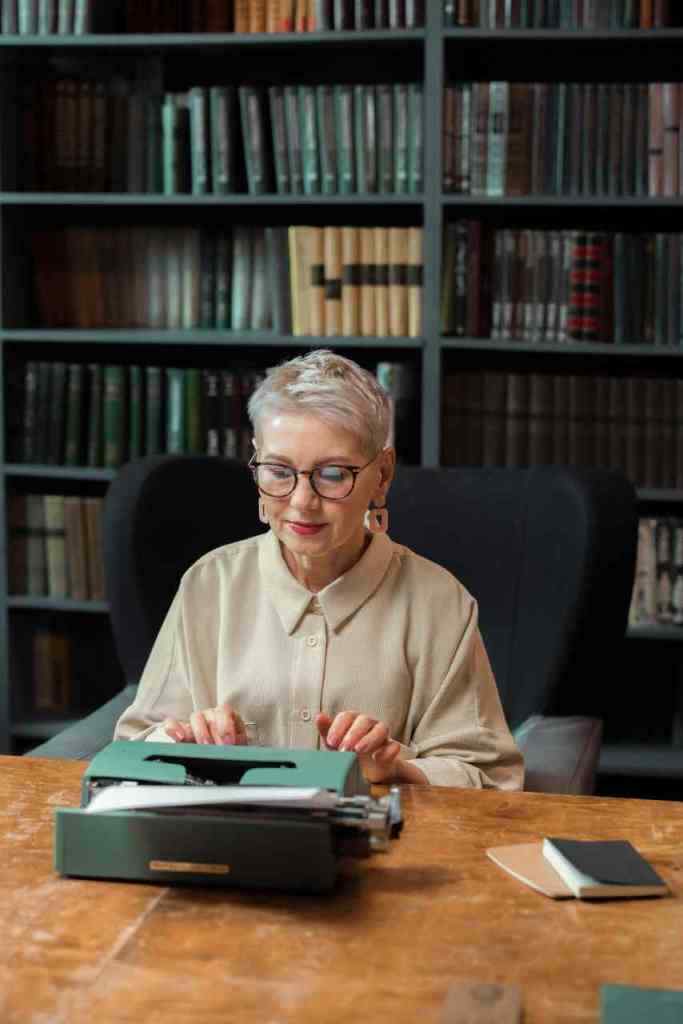The AI Auteur: “The Last Screenwriter” Sparks Controversy, Igniting Debate About the Future of Storytelling
London, June – A hush fell over the ordinarily bustling lobby of The Prince Charles Cinema. The red carpet, laid out in anticipation of the world premiere of “The Last Screenwriter,” lay rolled and silent. The reason? An unprecedented uproar over the film’s screenwriter: ChatGPT, a generative artificial intelligence chatbot.
Swiss director Peter Luisi, the film’s human architect, had tasked ChatGPT with crafting the screenplay. He fed the AI a series of prompts, beginning with the instruction to “write a plot to a feature-length film where a screenwriter realizes he is less good than artificial intelligence in writing.” ChatGPT, in a display of chillingly apt meta-commentary, then wove a tale about a famed screenwriter grappling with obsolescence in the face of “ChatGPT .,” an AI rival who not only surpasses him professionally but also seems to possess a deeper understanding of the human condition.
The film’s marketing, audacious in its transparency, leaned into the AI-generated narrative. The press kit even featured a statement – unnervingly self-aware – purportedly from ChatGPT itself: “As the screenwriter of ‘The Last Screenwriter,’ I am excited to bring this thought-provoking story to life on the page,” the statement read. “At its core, the film explores the intersection between technology and human creativity, and asks the question: can machines truly replace the human experience when it comes to art and storytelling?”
“Machines Taking Our Jobs? Hold My Latte…” – The Public Responds
The public, however, was far less receptive. The Prince Charles Cinema was inundated with complaints, forcing them to make the difficult decision to cancel the premiere.
“The feedback we received over the last hours once we advertised the film has highlighted the strong concern held by many of our audience on the use of AI in place of a writer which speaks to a wider issue within the industry,” read the theater’s official statement.
The cancellation of “The Last Screenwriter” is the latest tremor in a much larger earthquake shaking the foundations of the entertainment industry. Generative AI, with its burgeoning capabilities, sits at the heart of this seismic shift. While proponents celebrate its potential for innovation and fresh perspectives, a wave of anxiety washes over creative professionals who fear for their livelihoods and the very soul of storytelling.
Lights, Camera, Algorithm? Hollywood Grapples with the Rise of AI
This tension was palpable during the recent writer and screen actor union strikes, where the use of AI emerged as a central point of contention. Though the resulting settlements addressed the issue, establishing guidelines for the technology’s implementation, the rapid evolution of AI ensures that the debate is far from over.
A Digital Debut: “The Last Screenwriter” Finds New Life Online
Despite the setback, “The Last Screenwriter” will find its audience. Luisi held a private screening for family and friends, and the film is set for a free online release on June 27th. Along with the film, Luisi plans to release the full screenplay and a detailed account of his collaboration with ChatGPT, offering a fascinating glimpse into this brave new world of AI-driven storytelling.
“The Last Screenwriter,” it seems, has become more than just a film; it’s a cultural lightning rod, sparking a vital conversation about the evolving relationship between humanity and technology, and the uncertain future of art in the age of artificial intelligence.
Beyond the Silver Screen: AI’s Expanding Footprint in the World of Art and Entertainment
The controversy surrounding “The Last Screenwriter” is far from an isolated incident. It’s a high-profile manifestation of a much broader anxiety rippling through the creative industries. The rapid advancement of AI tools like ChatGPT, DALL-E (capable of generating realistic images from text descriptions), and Jukebox (which churns out surprisingly catchy tunes) has left many wondering: are we witnessing the dawn of a new era where machines usurp the role of the artist?
The music industry, too, finds itself grappling with the implications of AI. Imagine a world where your favorite band’s latest hit was actually composed by an algorithm, or a chart-topping pop star is, in fact, a computer-generated avatar. These scenarios, once relegated to the realm of science fiction, are now very real possibilities.

Will we see AI artists topping the Billboard charts in the near future?
In the visual arts, AI-powered tools are already making their mark, creating stunning works of art that blur the lines between human and machine creativity. While some artists embrace these tools as a means of augmenting their own creativity, others view them with suspicion, fearing that they could devalue human artistry.
The Human Element: Can AI Truly Replicate the Soul of Storytelling?
The debate ultimately boils down to a fundamental question: can AI truly replicate the essence of human creativity? Can an algorithm understand the nuances of human emotion, the complexities of relationships, the weight of history, and translate them into a compelling narrative that resonates with audiences on a deeply personal level?
While AI has undoubtedly made astonishing strides in mimicking human creativity, its outputs are still, at their core, derived from the vast datasets on which they are trained. They lack the lived experiences, the emotional intelligence, and the intuitive spark that often fuel the most powerful and enduring works of art.
The future of storytelling in the age of AI remains unwritten. What seems certain is that the relationship between human creators and these powerful new tools will continue to evolve in unpredictable and fascinating ways. As we navigate this uncharted territory, one thing is clear: the human element, with all its imperfections and complexities, will remain irreplaceable in its ability to move, inspire, and connect us through the power of story.
